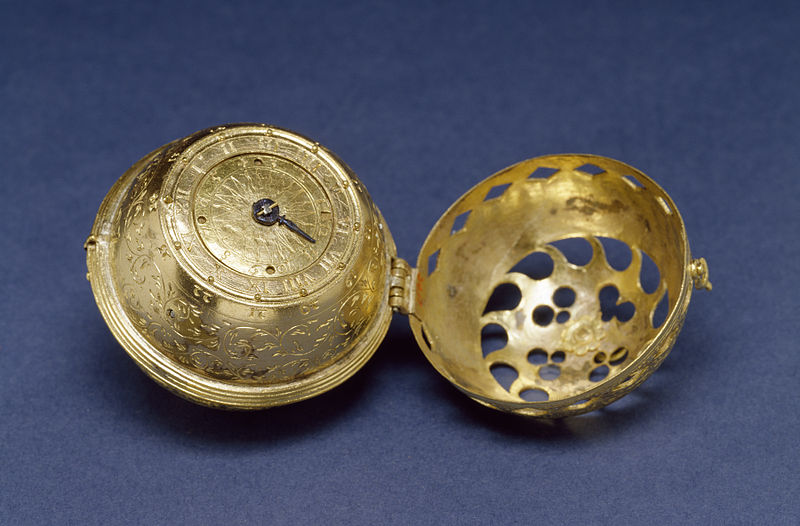Chapter 12 Worldviews Since the Renaissance

Renaissance watch (credit: Melanchthon's watch, via Wikimedia Commons)
Renaissance society rose out of the ideas
that synthesized respect for the individual and even exaltation in his or her creative
potential with an equal respect for the social order that values and protects
the inherent worth and rights of every individual. Science requires both if it
is to flourish.
In Renaissance thinking, a person could be
pious, moral, creative, thoughtful, practical, and original. The ideas of Greece, Rome, and
Christianity blended in a way that was coherent and real-world effective. The
new system of ideas worked, and as the new printing presses made books affordable, those ideas began to spread like a wildfire.
The growing Renaissance focus on the
rights of the individual produced some excesses (e.g., the Thirty Years’ War
and the English Civil War) as those who longed for change fought those who did
not, but these excesses were gradually tamed. When the dust settled, one thing
was clear: there would be no going back to the medieval ways of thinking. The
way forward was to live by Reason, or more accurately, the most reasonable
insights of Reason’s darling child, Science, and Science’s materialistic worldview.
Practical acts done well glorify God. In this frame of mind, the West settled
into the era called the Enlightenment.

Battle
of Rocroi, Thirty Years War (credit: Augusto Ferrer-Dalmau, via Wikimedia
Commons)
To most of the people alive at the time,
it wasn’t at all obvious that the Church’s traditional views were in any way
deficient, or that the views of the Enlightenment scientists, like Galileo,
were better. But experiences in which people who lived by the new ways of
Science and Reason outperformed those who lived by the old ways of blind
obedience to authorities gradually won over more citizens in each new
generation.

English
physician William Harvey (credit: Daniel Mytens, via Wikimedia Commons)
Some of the new beliefs were infuriating
to medieval thinkers—but the new beliefs worked. They enabled an “enlightened”
subculture within society to solve problems (e.g. navigate oceans, cure
diseases, predict eclipses, boost production in industry and agriculture, and,
especially, make increasingly deadly weapons). This new subculture within
Europe’s nations was therefore able to increase its community of followers and
its range of influence at a rate that the old Church and aristocracy, in the
end, could not match. Science kept attracting more new followers because the
miracles of Science can be replicated; Science works.
No comments:
Post a Comment
What are your thoughts now? Comment and I will reply. I promise.